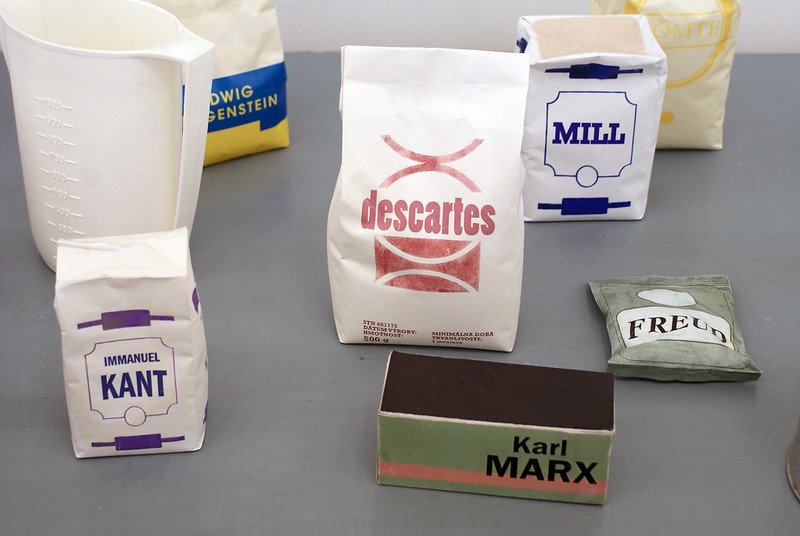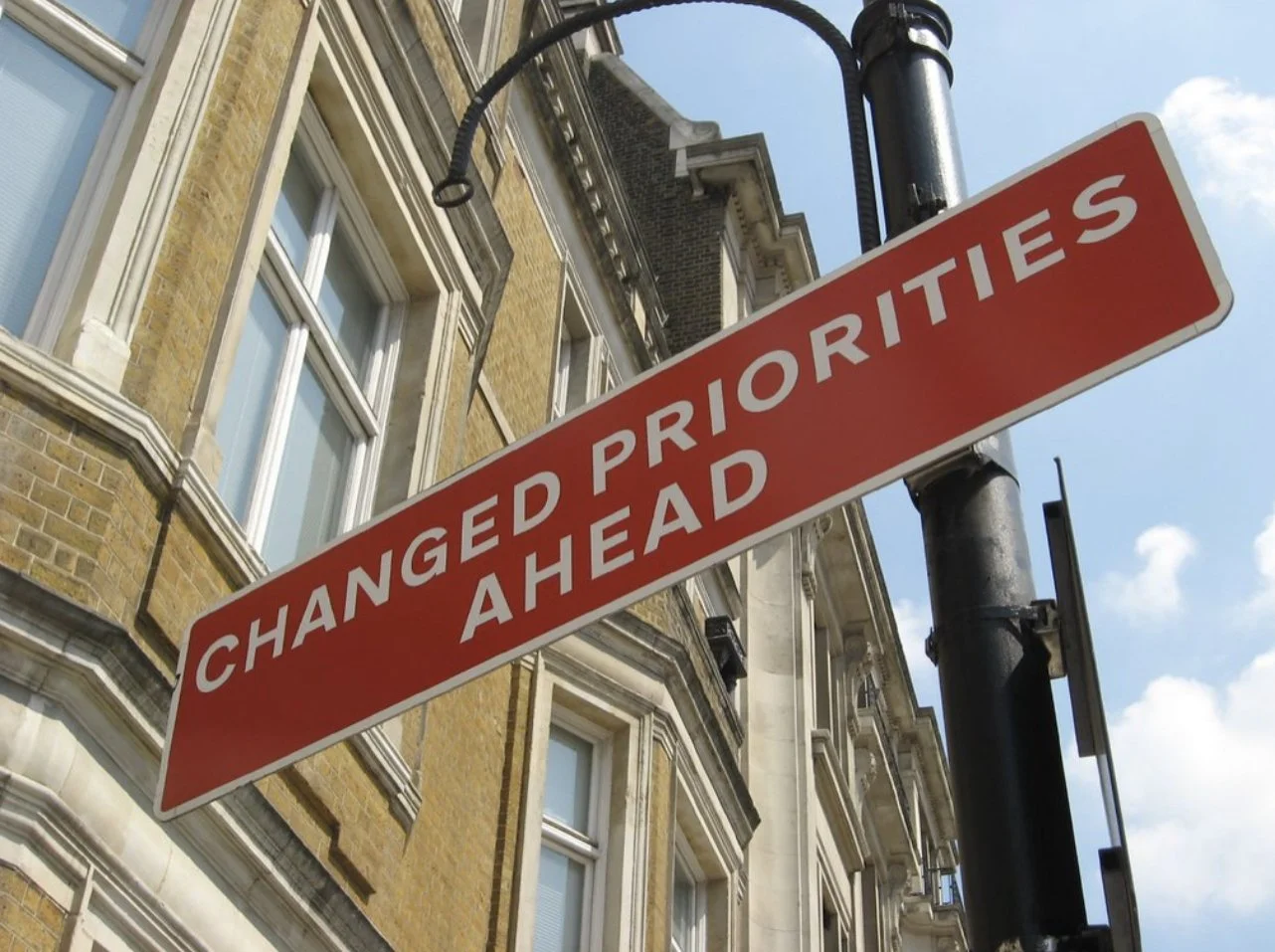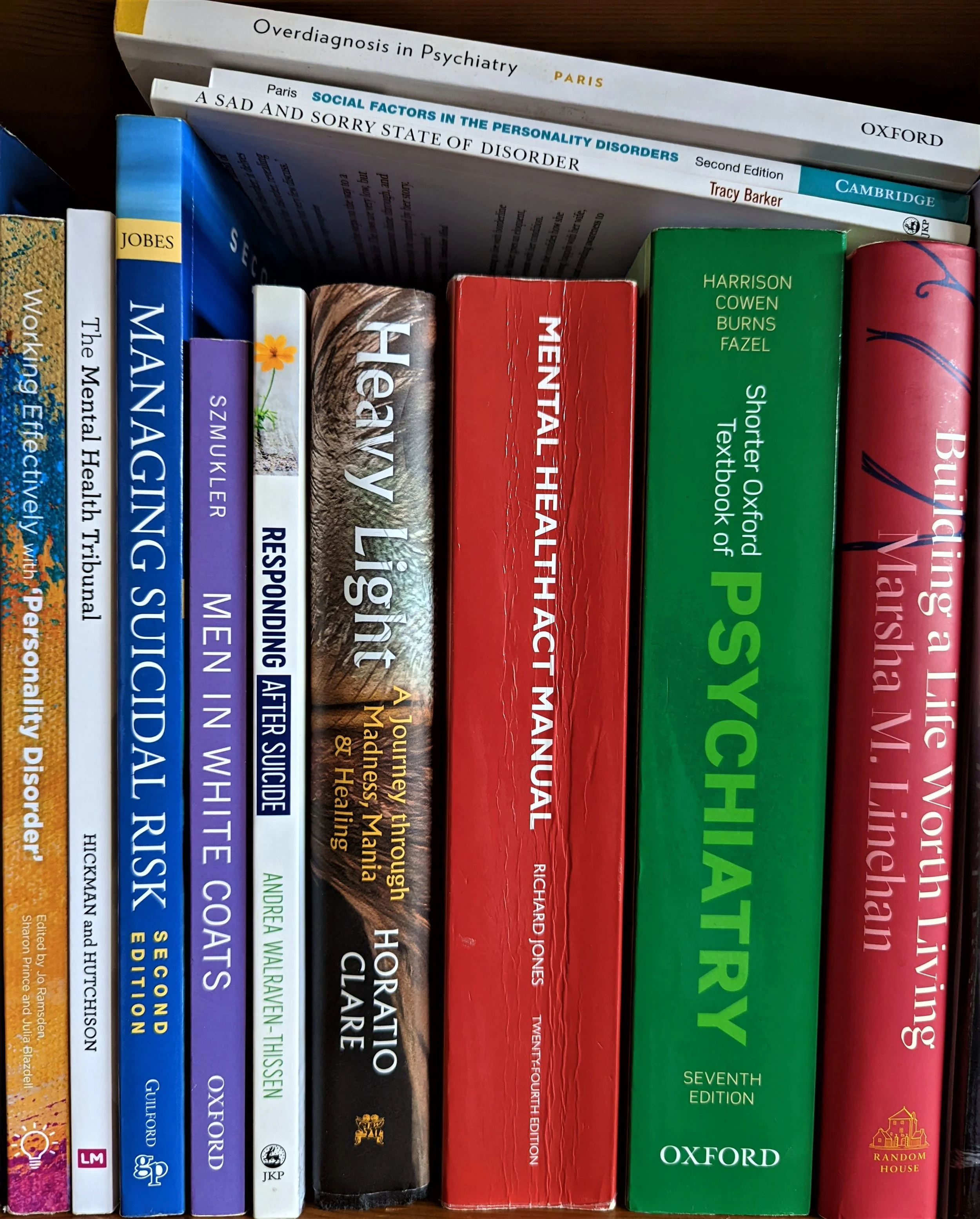
AMHPersonality: Disordered?
I’m an AMHP who detains few people, and who tries to persuade others to use detention less too. Since the very identity of the AMHP seems to be that of a detainer this is quite a challenge. How far should you resist detention? What are the arts involved in doing so? How do you learn or teach them? Who do you become as this negative capability increases?
Compassion and empathy, or we are all “buggered”.
I was heartened recently to see an article in The Independent which highlighted the significant issue occurring in A&E departments across the country where people who require mental health assessment and possible admission under the Mental Health Act are left waiting for days and sometimes weeks without any legal safeguards (Thomas, 2022). As an AMHP, I was impressed that this issue had been covered by a national newspaper and highlighted the human rights issues for many people in mental health crisis who are left waiting in A&E
An AMHP Christmas miracle
I wanted to write about a story which will seem almost unbelievable to most AMHPs and others involved in mental health crisis support at the moment.
Just before Christmas I was on an AMHP shift and was called to do an assessment in A&E where a family had brought their relative due to their bizarre and agitated behaviour. This included the person repeating certain phrases, making threats to kill a close friend without any apparent reason that they could explain; they were highly restless, unable to sit still and had difficulties sleeping. I could see from the records and discussion with the crisis team that the person had experienced similar difficulties at other times in their life and hospital admissions under the Mental Health Act had been required on occasion.
Psychosis: A Quest For A New Tomorrow
Suddenly mid-afternoon, two psychiatrists and an AMHP were let into my flat saying that they had to assess me. They asked me a series of questions about my beliefs of grandiosity and paranoia. At the time, believing I was the next Einstein, and far more problematically, that there were dark forces operating around me I was deeply unsure who I could trust, or more precisely who the CIA (whom I saw as the enemy) had got to.
Noble calling or dirty work? - Anxiety in the AMHP role
I was midway through my AMHP training and was leading the assessment for one of my direct observations. I had been surprised to see the police arrive in a group of eight. I had, after all, done my own risk assessment. There was no suggestion Andy was a threat to professionals.
Critical!!!.......Who’s Critical? What’s Critical?
Take a momentary glance at social work, or the allied mental health professions, and you're likely to stumble across the requirement for practitioners to behave, practice and think critically. Critical reflection, critical analysis, critical perspectives, critical assessment, critical this and critical that.
Taking the Leap: Reflections of a newly qualified AMHP
I have worked as a social worker in Adult Mental Health services for the last six years and was approved as an Approved Mental Health Professional (AMHP) in March of this year. At the beginning of my training, I was slightly nervous as the whole process felt somewhat like a baptism of fire. Now I am really pleased I made the leap from social worker to AMHP and to be in a position where I have heightened abilities, skills, and knowledge to fully support my clients, team, and service. I feel the training has been particularly essential to working within mental health services and understanding the systems within which I work, including how my clients are supported.
The AMHP Report – who is it for?
Four years ago I took on a role developing a separate social care function within a Mental Health Trust.
As many of you will know, the framework of the Care Act 2014, encourages a focus on relationship and strengths-based conversations to help individuals' tell their story, identify their best hopes and the means by which they wish to achieve them. Care planning then involves exploring with the person what resources they have available and what else might be available to help them.
S136 assessments – one or two doctors?
In my AMHP Service, we almost always attend s136 assessments with two doctors. This is regardless of whether the person to be assessed is known or unknown. I can see how this approach developed and set in over time, likely out of a combination of expediency and defensive practice based on an assumption that having more assessors equals a more robust or comprehensive assessment. I think this practice (and the logic underpinning it) is problematic on a number of levels. My view is that routinely attending s136 assessments with two doctors is at best a frequent waste of resources, one which potentially negatively impacts the experience of the person being assessed. At worst, is it in essence an abuse of power?
Appreciative Angst
After 13-years as an ASW/AMHP I made the leap into AMHP education. The AMHP role has its challenges and rewards, and my new goal was to consider how I might contribute to the development of upcoming AMHPs in a way that aligned with my values but accepted some of the harsher realities of practice. As AMHPs, we all strive to achieve certain ideals, with the reality being that these ideals are often just over the horizon. The challenge is to maintain a commitment to practice in a way that remains coherent with our values, and I think we are largely successful in this venture.
Approved Mental Health Professional: More than a legal role? The need for critical reflection
Despite there being almost forty years’ potential for research, materials and understanding based on a deeper critical evaluation of the practice of AMHPs (and ASWs before them), practice takes place in the absence of any established theory or evidence-base. This is despite the statutory competences for qualifying and post-qualifying AMHP work being based on the ability to ‘evaluate critically’ local and national policy or to base AMHP practice on critical evaluation of research and practice.
The Barrage of Three
“Your idea about different structures of AMHP teams is okay but what was important to me is no one has ever asked me about my experience of being assessed. When I have had poor experience, I go into hospital and do not speak to staff and take longer to recover”
An AMHP’s Journey Through s.13(1) MHA
I am an agent of social control: the bailiff of mental health services. I walk past your Skoda, your sofa, and your speakers. I take you away instead. I take you because you don’t understand the risks that you face. You are in debt to psychiatry without realising it: you lack insight. We could have helped you, come to an understanding, but you were non-concordant, you disengaged…
Could these be the key elements of dialogical Mental Health Act interviewing?
There is a growing need and a desire to re-orientate professional practice in Mental Health Act interviews towards a more fundamentally relational and dialogical approach. I set out the case for this in an article last year entitled ‘It’s time to make Mental Health Act interviews more dialogical’ and also in an episode of the Relational Psychiatry vlog by Russell Razzaque (link below). It has been brilliant to receive so many supportive responses from AMHPs and indeed psychiatrists around the country, and although anecdotal, I get the distinct sense that dialogical ideas are strongly resonating with AMHPs as we seek to freshen up our practice in the face of new and old problems in the mental health system.













